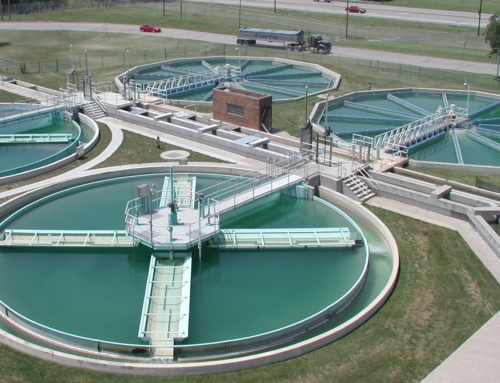A water district is a local, governmental entity that provides limited services to its customers and residents, depending on the district’s type.
Municipal Utility Districts (MUDs) engage in the supply of water, conservation, irrigation, drainage, fire fighting, solid waste (garbage) collection and disposal (including recycling activities), wastewater (sewage) treatment, and recreational facilities. A MUD can require its customers to use its solid waste services as a condition for receiving other MUD services. A MUD may provide solid waste and recycling services through a private company. While they can develop, maintain, or acquire parks or recreational facilities, MUDs are prohibited from issuing bonds to pay for these facilities. They can, however, set and charge user fees.
How Are Districts Created?
Through “general law,” a district may be created by the Texas Commission on Environmental Quality (TCEQ) or the county commissioners court. “Special law” districts have been either created by or altered by an act of the Legislature. In the rest of this guide, you’ll learn how these two categories of districts differ and how these differences affect customers.
Who Regulates a District?
Although the Water Code gives the TCEQ a continuing right of supervision over all districts and authorities, we do not control a district’s daily operations. TCEQ staff helps district board members and their consultants to understand the complex and varied laws and regulations under which a district must operate. Districts also must comply with state and federal regulations before they can engage in various activities. For example, the TCEQ regulates drinking water quality and wastewater discharges.
What Districts Can Do
State law gives districts the power to establish the authority, rights, and duties necessary to accomplish the specific purposes for which they are created. The powers of districts created under general law are determined by the type of district. A “special law” district’s powers are determined by its enabling legislation. Most districts have the following powers:
- to incur debt
- to levy taxes
- to charge for services and adopt rules for those services
- to enter contracts
- to obtain easements
- to condemn property
Source: Texas Commission on Environmental Quality (TCEQ), Texas Water Districts, A General Guide, GI-043, PDF version (revised 12/04)




